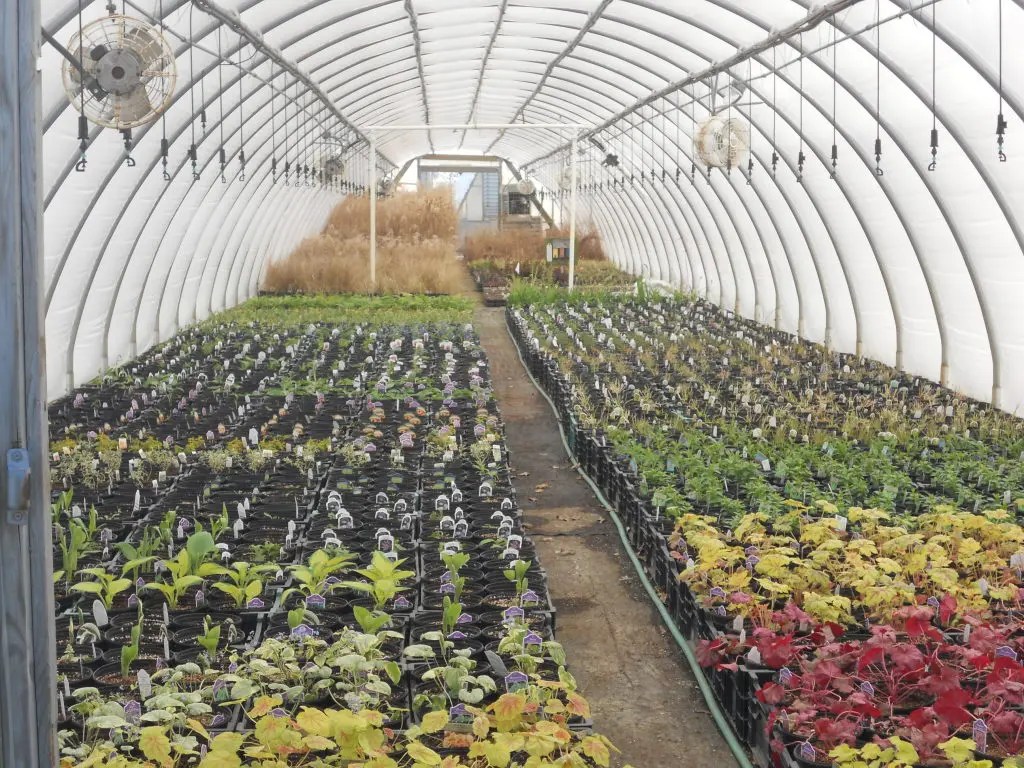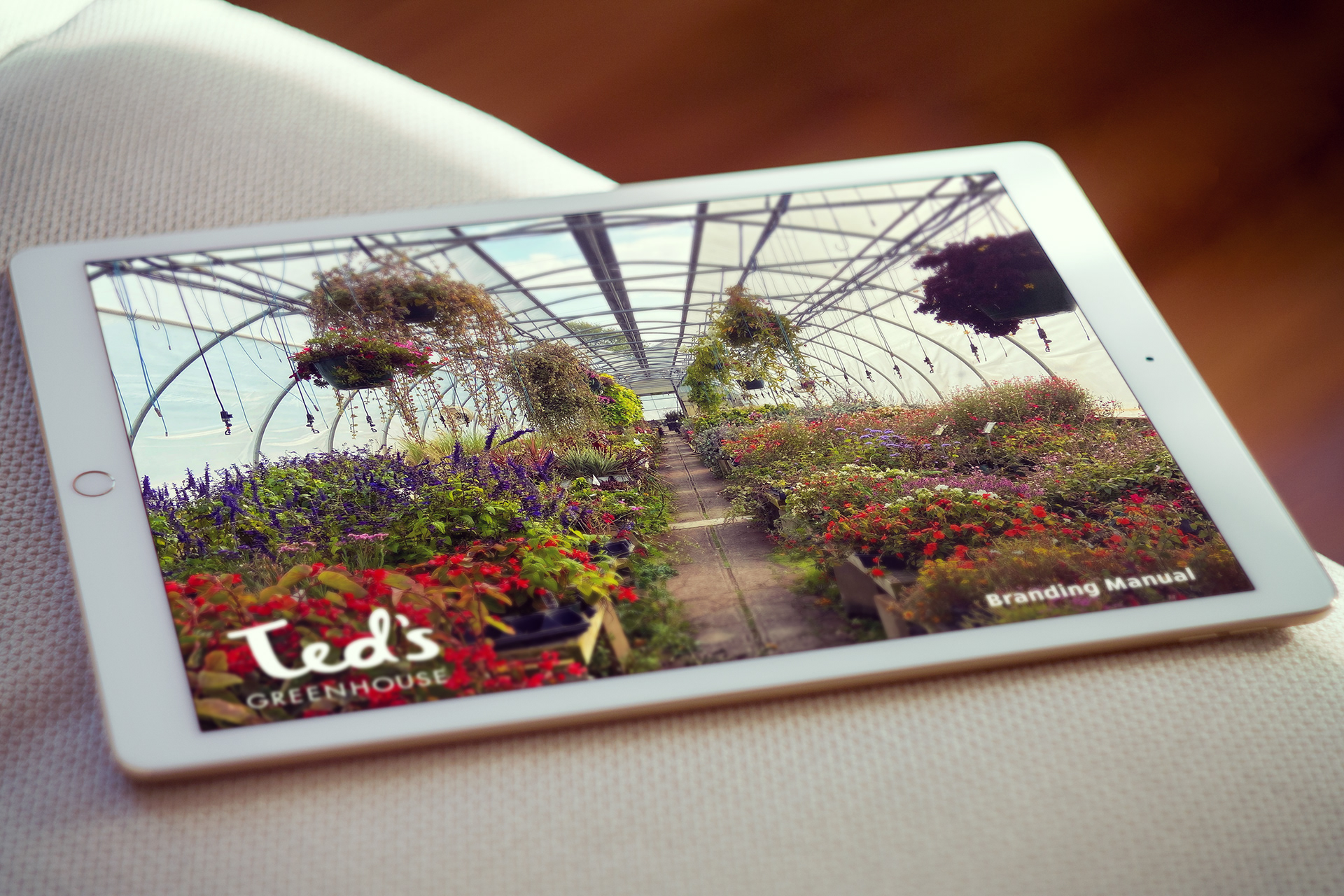Ted's Greenhouse is a beacon for gardening enthusiasts and eco-conscious individuals alike. This establishment not only offers a wide variety of plants but also emphasizes sustainable gardening practices. In this article, we will delve deep into the world of Ted's Greenhouse, exploring its history, offerings, and the benefits of sustainable gardening. Whether you're a seasoned gardener or a beginner, Ted's Greenhouse holds valuable insights for everyone.
In recent years, the importance of sustainability in gardening has gained significant traction. As people become more aware of environmental issues, many are turning to sustainable practices that minimize their carbon footprint. Ted's Greenhouse stands out as a leader in this movement, providing resources and education for those looking to cultivate their own green spaces responsibly.
This article aims to be a comprehensive resource for anyone interested in Ted's Greenhouse. We will cover everything from its inception to the various plants and products available, as well as tips for sustainable gardening. By the end of this article, you'll have a thorough understanding of what Ted's Greenhouse offers and how you can incorporate its principles into your gardening practices.
Table of Contents
History of Ted's Greenhouse
Ted's Greenhouse was founded in the early 2000s by Ted Johnson, a passionate horticulturist with a vision for sustainable gardening. Starting as a small operation, Ted aimed to provide not only plants but also education on how to grow them responsibly. Over the years, Ted's Greenhouse has evolved into a well-respected establishment in the gardening community.
The greenhouse has always prioritized eco-friendly practices, using organic fertilizers and sustainable growing methods. This commitment has attracted a loyal customer base who values both quality plants and environmental responsibility.
Milestones in Ted's Greenhouse History
- 2001: Foundation of Ted's Greenhouse
- 2005: Introduction of organic plant care products
- 2010: Launch of community gardening workshops
- 2015: Expansion of greenhouse facilities
- 2020: Awarded "Best Sustainable Business" by local environmental groups
What Ted's Greenhouse Offers
Ted's Greenhouse provides a diverse range of plants, gardening supplies, and educational resources. Here are some of the key offerings:
Plants Available
- Herbs: Basil, Mint, Rosemary, and more
- Vegetables: Tomatoes, Peppers, Lettuce, etc.
- Flowers: Annuals, Perennials, and Native plants
- Succulents and Cacti
Gardening Supplies
In addition to plants, Ted's Greenhouse stocks a variety of gardening supplies, including:
- Organic fertilizers and soil amendments
- Gardening tools and equipment
- Seed packets and starter kits
- Composting supplies
Workshops and Education
Ted's Greenhouse is dedicated to educating the community about sustainable gardening practices. They offer:
- Monthly workshops on topics like composting, pest management, and organic gardening
- Hands-on classes for children and adults
- Online resources, including videos and articles on gardening tips
The Importance of Sustainable Gardening
Sustainable gardening is vital for several reasons, including environmental health, biodiversity, and personal well-being. Here are a few key points highlighting its importance:
- Environmental Impact: Sustainable gardening practices help reduce pollution, conserve water, and promote soil health.
- Biodiversity: By planting native species and maintaining diverse plant life, gardeners support local ecosystems and wildlife.
- Health Benefits: Growing your own food can lead to healthier eating habits and physical activity, contributing to overall well-being.
Tips for Sustainable Gardening
Implementing sustainable practices in your gardening can be simple and rewarding. Here are some tips to get you started:
1. Use Native Plants
Native plants are adapted to local climate and soil conditions, requiring less water and maintenance. They also provide habitat for local wildlife.
2. Practice Composting
Composting food scraps and yard waste enriches the soil and reduces waste sent to landfills. It's an easy way to create nutrient-rich soil for your garden.
3. Water Wisely
Utilize rain barrels to collect rainwater for irrigation, and consider drip irrigation systems to conserve water.
4. Avoid Chemical Pesticides
Opt for natural pest control methods, such as introducing beneficial insects or using organic pesticides to protect your plants without harming the environment.
Community Involvement
Ted's Greenhouse actively participates in community initiatives to promote sustainable gardening. They collaborate with local schools, community gardens, and environmental organizations to foster a culture of sustainability.
- Hosting community gardening days to engage residents
- Partnering with schools to teach children about gardening
- Participating in local farmers' markets to promote organic produce
Customer Reviews
Customer satisfaction is a testament to the quality of Ted's Greenhouse. Here are some testimonials from happy customers:
- "Ted's Greenhouse has transformed my gardening experience! The staff is knowledgeable and always ready to help." - Sarah M.
- "I love their focus on sustainability. I learned so much from their workshops." - John D.
- "The plants I purchased from Ted's have thrived in my garden. Highly recommend!" - Emily R.
Conclusion
Ted's Greenhouse stands as a pillar of sustainable gardening, offering a wealth of resources and knowledge for both new and experienced gardeners. By prioritizing eco-friendly practices, Ted's Greenhouse not only provides beautiful plants but also fosters a community committed to environmental stewardship.
Call to Action
We invite you to visit Ted's Greenhouse, explore their offerings, and participate in their workshops. Share your gardening experiences in the comments below and consider subscribing to our blog for more articles on sustainable living and gardening tips. Let's grow a greener future together!
Thank you for reading, and we hope to see you back here for more insightful articles on gardening and sustainability!
Article Recommendations



ncG1vNJzZmilqZu8rbXAZ5qopV%2BcrrOwxKdwaKyVmcBus9GenKegn6rApnrHraSl